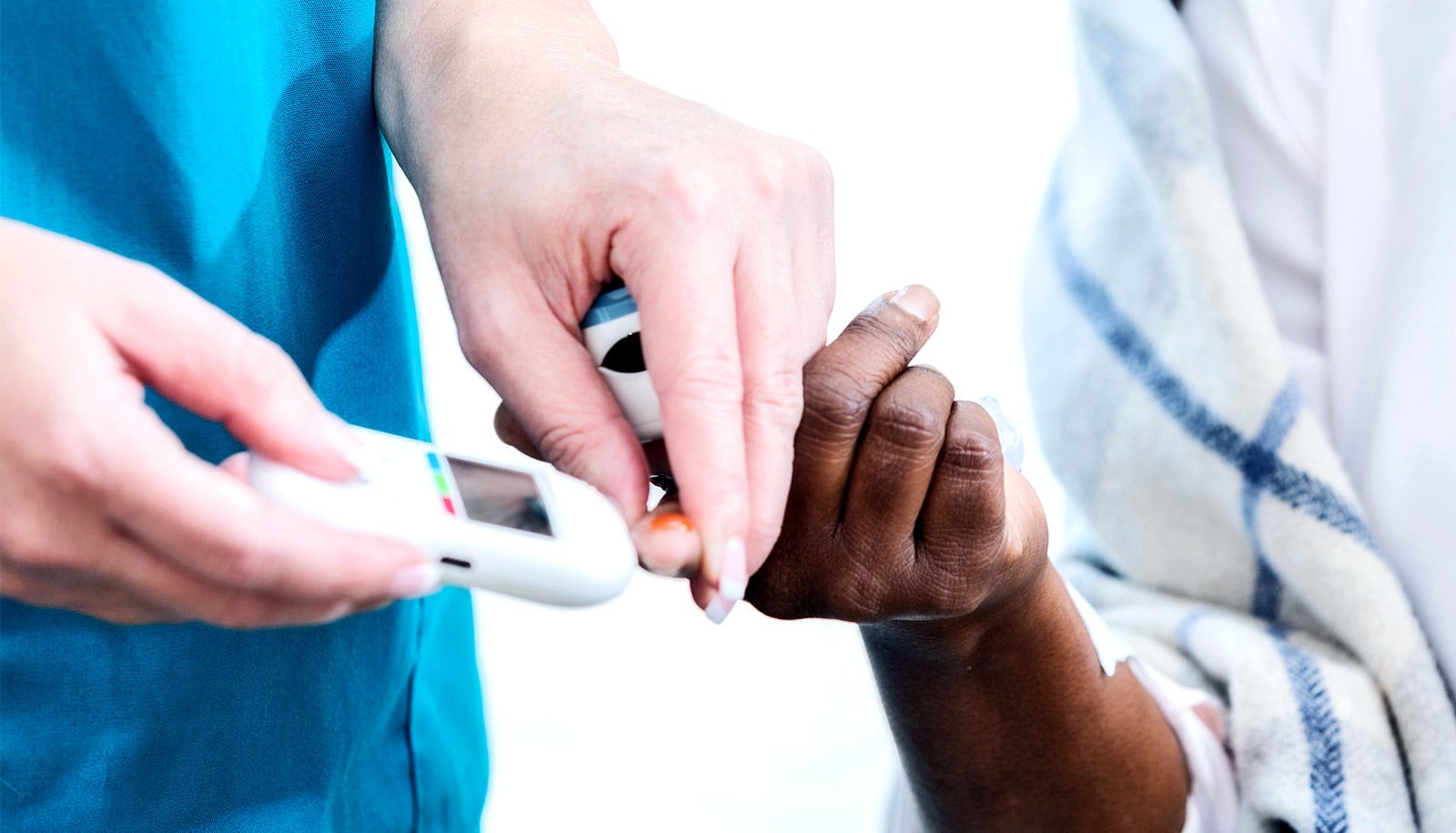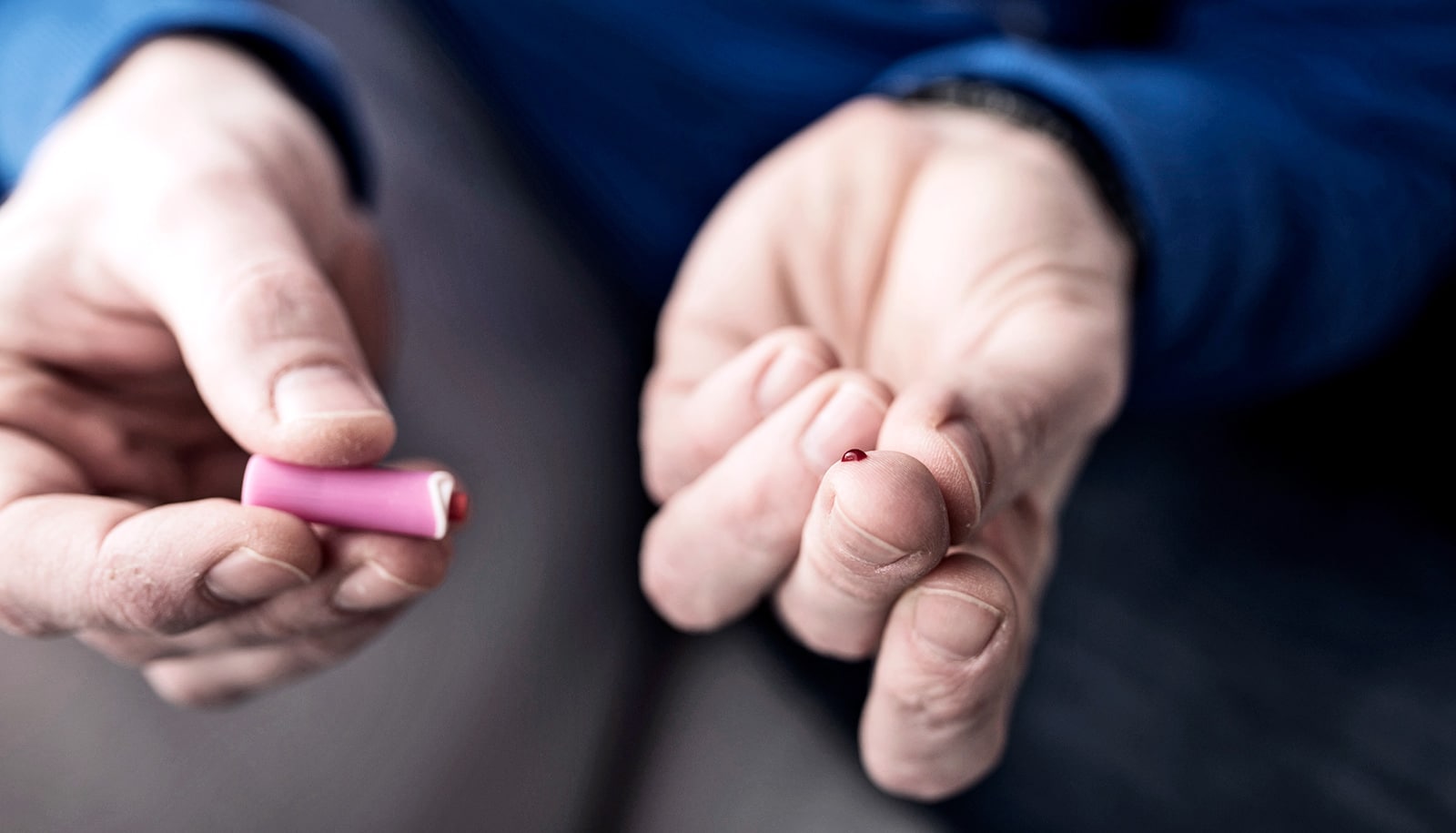Medicare patients with diabetes are more likely to be re-hospitalized if they don’t receive recommended home health care within two days of discharge, according to a new study.
Researchers found that 27% of 786,734 Medicare beneficiaries with a diabetes-related hospital admission received home health care within two weeks of being discharged in 2015.
The results also showed that Hispanic and American Indian patients were significantly less likely than white patients to receive a home health care referral, and that racial and ethnic minority patients more often received delayed services or no services within the first two weeks compared to non-Hispanic white patients.
A patient’s risk of re-hospitalization was significantly higher when recommended care started more than two days after hospital discharge, the researchers found. Patients who had a short delay in beginning care within two days were 1.28 times more at risk of re-hospitalization compared to patients who began within the recommended time frame. Patients with delays beyond that were 4.12 times more at risk of re-hospitalizations.
“Timely home health care can improve outcomes in older adults following diabetes-related hospitalizations, but we found persistent racial/ethnic disparities exist in who was referred to home health care and who ended up receiving services within the critical first days,” says Olga F. Jarrín Montaner, an assistant professor at Rutgers School of Nursing and Rutgers Institute for Health, Healthcare Policy, and Aging Research and principal investigator of two studies published in the International Journal of Environmental Research and Public Health (study 1, study 2).
Depending on a patient’s needs, home health care provided by a registered nurse may include a comprehensive in-home health assessment, medication review and assistance with medication management, care planning and care coordination, individualized education and assistance with dietary recommendations, assistance with monitoring blood glucose, filling insulin syringes, or managing complications of diabetes, including nerve damage in hands and feet, stroke, cardiovascular disease, damage to kidneys, vision loss, cognitive impairment, and skin problems, including non-healing wounds.
The researchers cite multiple reasons why disparities in receiving home health care services after hospital discharge might occur, such as cultural health beliefs and practices, preferred languages, health literacy, and other communication needs of older adults and their caregivers.
“With the COVID-19 pandemic highlighting many inequities in the health care system, these challenges are compounded by systemic and structural problems that need to be critically examined through a lens of social justice and equity,” says lead author Jamie M. Smith, an instructor at Thomas Jefferson University who worked on the project during her doctoral studies at Rutgers.
“Health care organizations should prioritize incorporating culturally congruent and linguistically appropriate practices in the care of older adults with diabetes across healthcare settings.”
The researchers emphasize the importance of discharge planning that includes ensuring patients and their families understand the purpose and value of home health care and assistance navigating structural and systemic barriers.
Additional coauthors are from the University of Southern California and Rutgers. The Agency for Healthcare Research and Quality and the National Institutes of Health funded the work.
Source: Rutgers University



